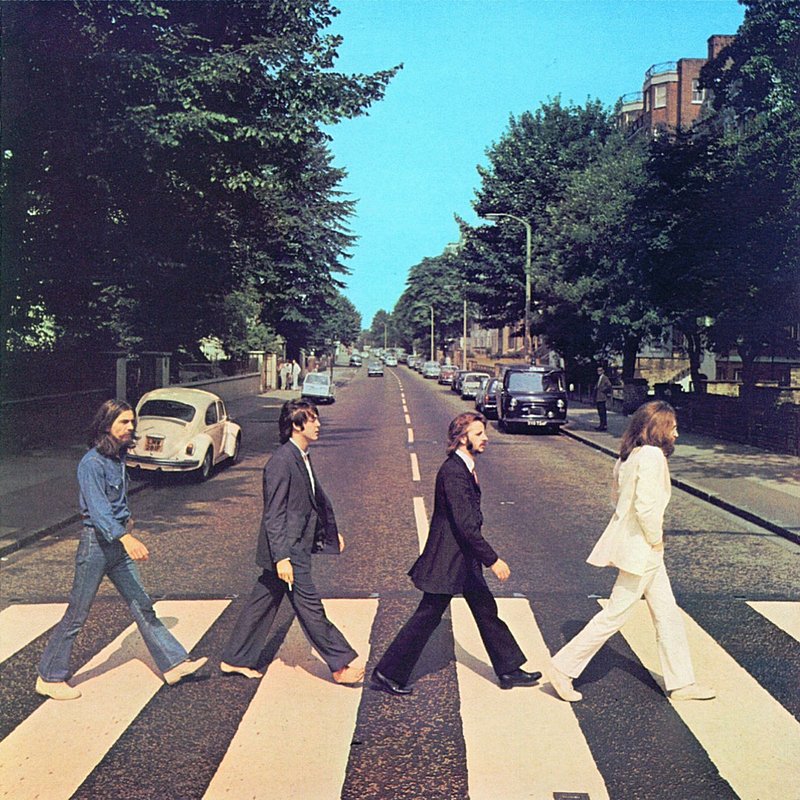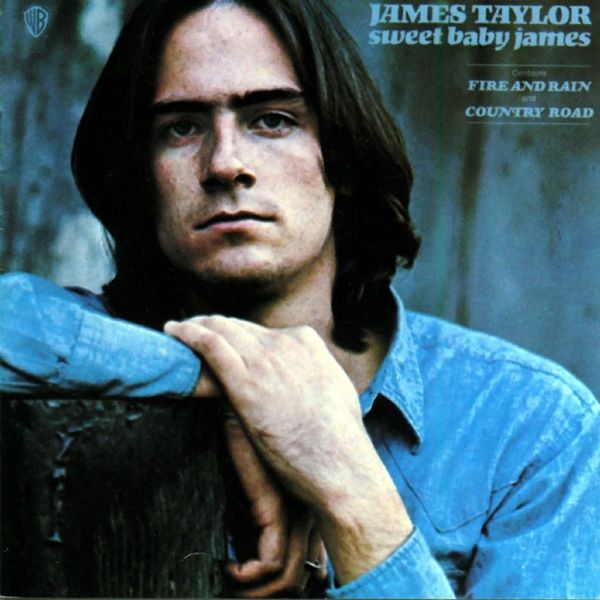"Hanky Panky" is a song written by Jeff Barry and Ellie Greenwich for their group, The Raindrops. It was famously remade by rock group Tommy James and the Shondells, who took it to No. 1 in the United States in 1966.
This was Casey Kasem's 'anatomy of a hit' for "Hanky Panky" by Tommy James & The Shondells, with credit provided to a Pittsburgh disk jockey from WZUM, as related during the June 9, 1984 AT40 show.
repeat
repeat_one
shuffle
skip_previous
play_circle_filled
pause_circle_filled
skip_next
volume_up
repeat_one
shuffle
skip_previous
play_circle_filled
pause_circle_filled
skip_next
volume_up
"...Now we're up to an AT40 extra -- a delayed action, number one song recorded by a group of school boys whose leader was only 13 years old. Here's the story. In 1961, they recorded a rock & roll song when they were going to Niles High School in Niles, Michigan. A small local label released it, but it flopped. Four and a half years later in 1965, the leader of that band -- a boy named Tommy -- was married and supporting his new family by playing clubs around Chicago. Then one day Tommy gets a phone call, a long distance phone call, from a stranger, a disk jockey who says, 'Hey! You better come to Pittsburgh -- your record's number one here.' And Tommy says, 'What record?' Well the man tells him, 'Hanky Panky.' Tommy couldn't believe it. What had happened was that that Pittsburgh disk jockey -- Mike Metrovich on station WZUM -- had found a copy of the record and played it as an oldie. His audience liked it and he kept playing it. And it became the number one song in Pittsburgh. That's when he phoned Tommy James. Well, the other members of Tommy's band wouldn't go to Pittsburgh with him to exploit their hit. So, Tommy went alone. And sold the rights to 'Hanky Panky' to Roulette Records. Now Tommy was gonna to need a band to back him up on all the bookings the hit would generate. And he found one, in a Pittsburgh night club. And they began touring together as Tommy James and The Shondells, while 'Hanky Panky,' promoted by Roulette, began hitting in the rest of the country. And by mid-summer of 1966, it was the number one song in the nation. During the next four years, Tommy James and The Shondells put eighteen more hits on the charts, seven of those in the Top 10. After which, Tommy James added thirteen more chart records as a solo act. Now, as an AT40 extra, here's the song that started it all, recorded when Tommy was 13 years old. Five years later, it was the number one song in the country --'Hanky Panky'..."


















